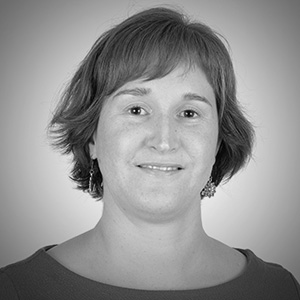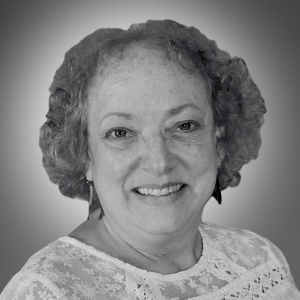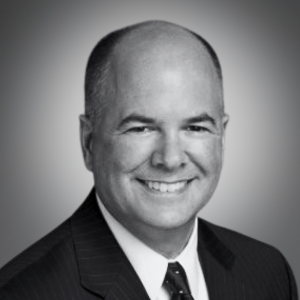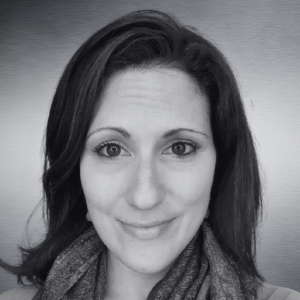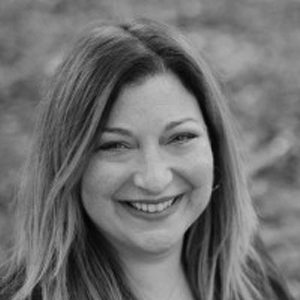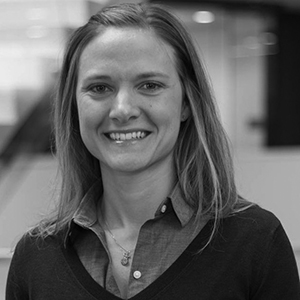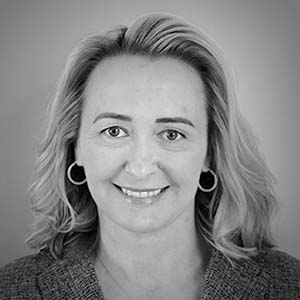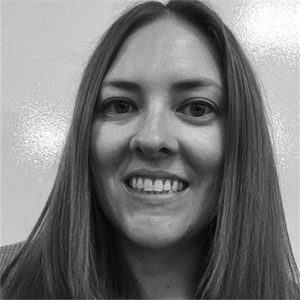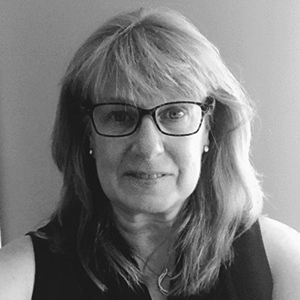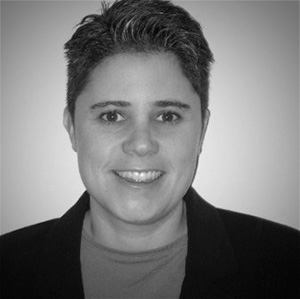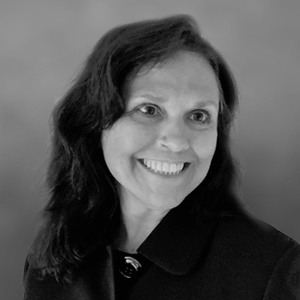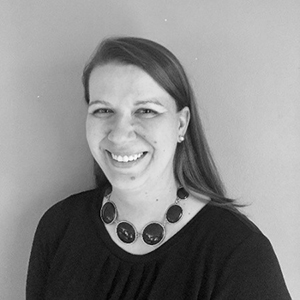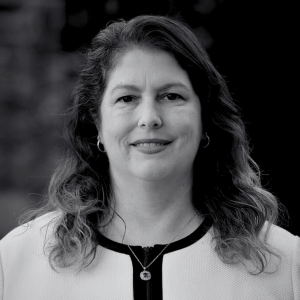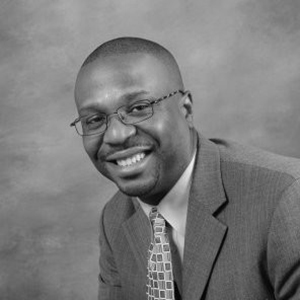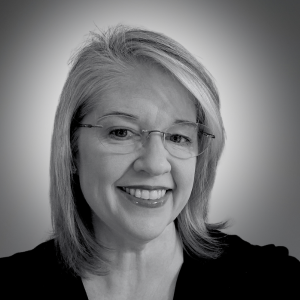“If You Can’t Find a Community, Make One.”
Graphic/UX designer Natalie Mazur sat down with us to discuss her career journey, the Hiring Our Heroes program, and how to learn and grow when you’re on the move.
Story: Alex Haederle | Photography: Melissa Blum

Meet Natalie Mazur
She’s a talented designer and proud military spouse who’s never stopped learning, growing, and moving over the course of her career. Currently a fellow with Ripple Effect through the Military Spouse Fellowship Program sponsored by Hiring Our Heroes, Natalie recently sat down with us to talk about the program, her background and career journey, and what other military spouses can do to find and create opportunities for themselves.
RIPPLE EFFECT: Tell us about yourself, Natalie. Where did you grow up?
NATALIE MAZUR: I was born and raised in Denver, Colorado. Sounds cheesy, but I do miss the wide open space and mountains.
Where did you go to college?
I spent two years at St. Mary’s College of Maryland, where I played field hockey and lacrosse. Then I transferred home to the University of Colorado-Boulder, where I majored in International Affairs and Mandarin Chinese.
Sounds like quite the range of interests. Did you know what you wanted to get into at that point?
Not really. I’ve always been passionate about communications, thinking I’d merge that with international relations and work in the foreign services. But I didn’t end up pursuing that.
What were you doing after college?
I worked at a software startup in Boulder, doing instructional design. They liked me, saw potential, so they brought me in to create instructions for their productivity app in Salesforce. This was in 2015. Shortly after that, my husband proposed, we got married, and soon after we were stationed in Okinawa, Japan.
How do you describe what you do for a living?
I’m a creative communicator who uses visual tools to translate concepts. I design graphics, content, and user experiences for a variety of platforms and audiences. I like to think of myself as a problem-solver.
What are some of the skills you need for design?
It’s a broad field, so a lot! Everything from user research to leading focus groups and brainstorm sessions, building wireframes and affinity diagrams, sketching, usability testing. And collaboration, of course.
What software or tools do you use?
I spend most of my time in Adobe Illustrator, InDesign, and Photoshop, as well as PowerPoint/Keynote and iMovie. I love Canva, as well, for quick and dirty mockups.
Back to your journey. You and your husband move over to Japan. What were you doing for work when that happened?
Fortunately, I was able to work remotely for the same software company. That lasted for about two years, but my contract came to an end and I found myself in Japan, unable to speak Japanese and without a work visa.
That sounds intimidating.
Oh, yes. That’s the situation for many military spouses. It’s really difficult to get and maintain a job because you’re moving every 2-3 years, which produces skepticism over commitment. So it’s harder to get a job if you’re not a teacher or nurse, or something similar.
What did you do to overcome that challenge and find work?
I got creative. I did a lot of volunteering, and I helped launch a chapter of Military Spouse Professional Network, which is a program under Hiring Our Heroes to encourage like-minded military spouses. I ran their content and social media on Facebook, grew the group, and discovered that I loved the design and content production pieces of what I was doing.
That’s great. Is that when you started to consider creative communications as a career path?
I’d say so. I’ve always been artistic. I was a doodler as a kid, loved going to art museums, and I just love good design—especially in products. When I was in Japan and that contract came to an end, though, I decided it was time for a shift. So I went back to school, taking an online graphic design certificate course, as well as a User Experience Design certificate with General Assembly.
So you have this new knowledge and certificates to validate your skills. What did you do with those?
I started freelancing for friends, family, and referral clients in Japan, and have continued doing that the past two years. I began creating original graphics and designing websites for brands across hospitality, politics, military, and retail.
What did you learn about yourself, working as a freelancer?
Self-discipline is hard, and very important. And networking—forcing yourself to put yourself out there. The discipline part, especially: I work from home often, which is a blessing, but I’m alone often so staying focused is key.
Any tips for remote workers?
You have to find a productivity tool or method that works for you. I use a timer, and I set it for 25 minutes. When it goes off, I switch tasks or take a planned break.
That’s the Pomodoro Technique, right?
You got it! It works so well for me. It helps me keep track of my time and eliminate distractions.
Tell us about Hiring Our Heroes. You got involved with it while you were in Japan, and it’s a global initiative.
That’s right. It connects veterans, service members, and military spouses with employment opportunities. There are a few fellowship programs within Hiring Our Heroes, from the Corporate Fellowship to the Military Spouse Fellowship Program, which is the one I’m in.
How did you start working with us?
I was referred to Ripple through Beth Klein, the Corporate Fellowship program manager for Hiring Our Heroes. She connected me with Jacqueline Helfer, Ripple’s talent acquisition lead. I interviewed, and they selected me for the Military Spouse Fellowship Program. The fellowship pays for me, and I work on Ripple’s projects like any other employee. It’s a great program, and I wish more military spouses knew about it.
What do people misunderstand about being a military spouse, or part of a military family?
I think there’s probably a stereotype of a military spouse: stay-at-home mom, lots of kids, maybe not educated. And that stereotype is hurtful, because not everyone fits that. In fact, most do not. Truth is, military spouses are versatile, adaptable, organized, and reliable. We move across the world, pack up households, handle the logistics of moving families, and just know how to get things done.
That’s really a lot.
Military spouses do so much in their personal lives that they would be great additions to most companies. They’re so used to change and stress that they’re resilient people.
What do companies need to do to make themselves more attractive to military spouses—as well as veterans and their families?
The first step is acknowledging that there’s a hardship out there for military spouses, and having a real willingness to hire them. It’s a great community to invest in, to get great hard-working employees. Flexibility is huge, and I love that about Ripple Effect. This is especially valuable to military spouses who are mothers: offering them the ability to work remotely, flex hours, etc. That goes a long way.
How do you spend your time outside work?
I love the outdoors. Running, skiing, yoga, scuba diving. If I’m not working, you can probably find me out on a trail run or at a craft brewery.
Who are some of your role models?
My parents, for sure. They taught me my work ethic and resilience. And my twin sister, who inspires me and keeps me level-headed. We grew up doing everything together—she’s like a built-in best friend. And of course, I look up to military spouses in my life who have shown me the way and supported me through the years.
Where do you want to take your career?
I like graphic design, but my end goal is to be a UX designer. I’m a people person, and want to be in a more all-encompassing, interdisciplinary field that combines my interests: design, problem solving, psychology, business analysis. It’s really blown up in the last few years, and it’s a path I want to pursue.
Any last words for those following in your footsteps?
Get creative about your career. Say yes to opportunities that come your way. Have faith, because it all works out like it’s supposed to. And if you can’t find a community, make one.

Inspired by Natalie’s story, or want to ask her a question about Hiring Our Heroes or the Military Spouse Fellowship Program? Reach out! You can connect with Natalie on LinkedIn, or drop her an email at nataliehmazur@gmail.com.
More About Hiring Our Heroes
The U.S. Chamber of Commerce Foundation’s Hiring Our Heroes (HOH) initiative launched in March 2011 as a nationwide effort to connect veterans, service members, and military spouses with meaningful employment opportunities. Working with the U.S. Chamber of Commerce’s vast network of state and local chambers and strategic partners from the public, private, and non-profit sectors, our goal is to create a movement across America in hundreds of communities where veterans and military families return every day.
More About the Military Spouse Fellowship Program
The Hiring Our Heroes Military Spouse Fellowship Program (MSFP) provides military spouses with professional training, networking, and hands-on experience in the civilian workforce. The professional development and direct connection to local employers offered through the program enable military spouses to quickly build their networks and gain localized job experience. Participating host companies gain access to a highly skilled and educated talent pool. Visit the MSFP webpage to learn more.




